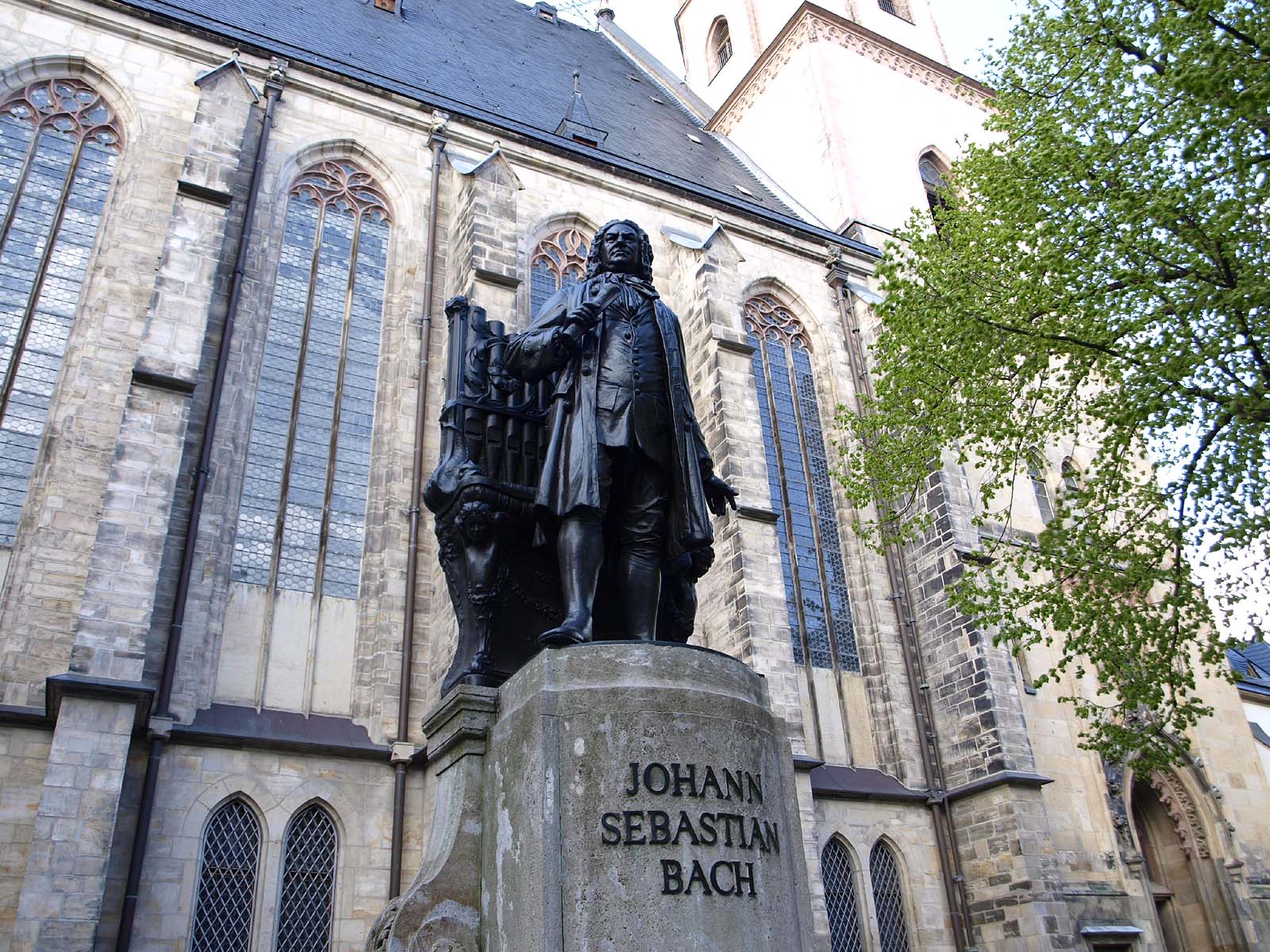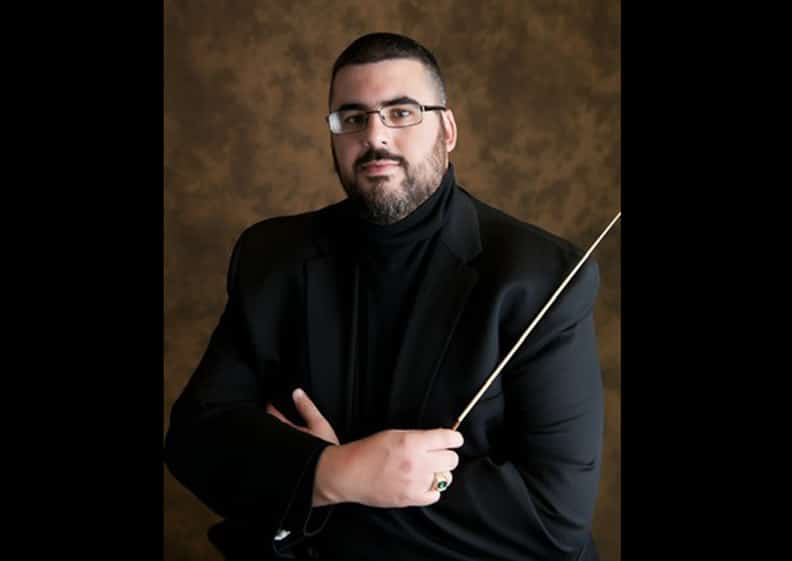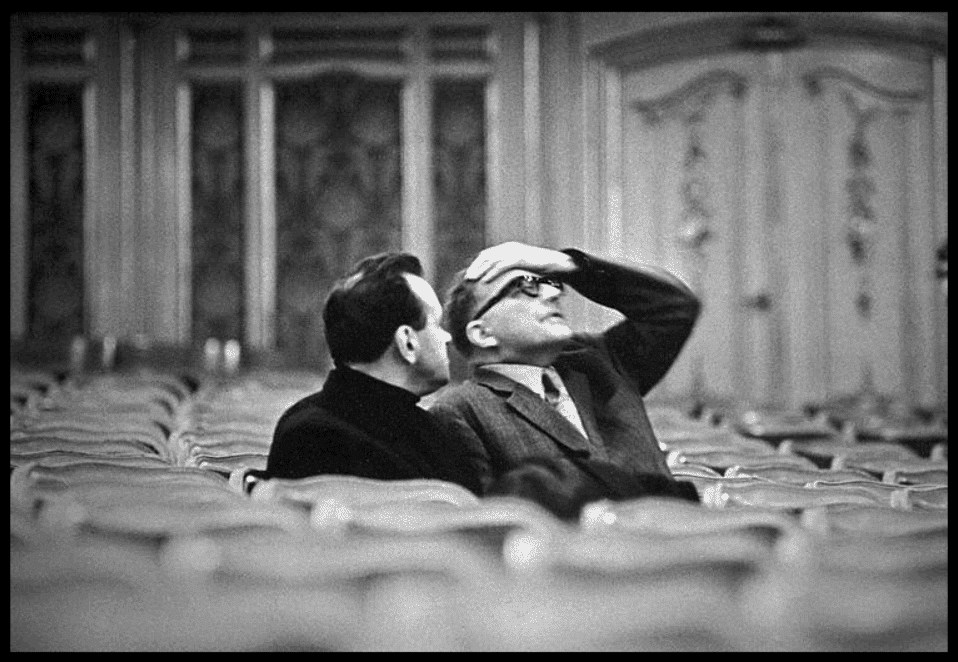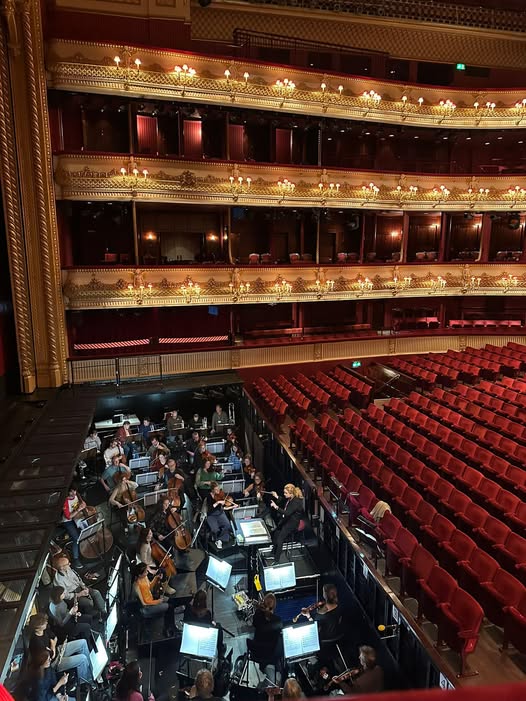Is it because he’s Catholic?
mainThe uprising in Leizpig against the new director of the Thomanerchor may be rooted in national and sectarian bias, some reports suggest.
The embattled newcomer, Andreas Reize, is Swiss and Roman Catholic.
Bach’s church is one of the most important in the Protestant world.
Read here.







could you plaese fix functionality and readability of the comments section for mobile users!
Norman, thank you for the quick fix!
My comment on his allegedly problematic modern pedagogical approach seems to have disappeared.
PS: Essentially there are many who can not come to terms with his teaching methods, the diehard traditionalists. Religion is a smokescreen in this case.
In the 60s, I had the misfortune to win a scholarship to a Benedictine monastery school. Bach was banned in the associated Abbey because he was (horror of horrors!) a Protestant.
My argument that, if one believed in God, then one must surely believe that genius of that calibre must be God-given, was ruled as heresy.
However, Mammon did triumph over God in one respect. The monks were so fearful of losing lucrative wedding ceremonies, that they granted an exception to Jesu, Joy of Man’s Desire.
Bach’s church is one of the most important in the Protestant world? I doubt whether many who would class themselves Protestants have ever heard of it, outside of classical music circles.
The comment by Norman fails to distinguish between Lutherans and those Protestants in the “reformed” tradition (eg Protestants in France, Holland, Switzerland, and the English speaking world). Lutheranism is very different from the ‘reformed’ tradition.
Lutheranism is the dominant form of Protestantism in (most of) Germany, Scandinavia, and the Baltic. Within the Lutheran tradition, the church in Leipzig is (as Norman states) one of the most important churches and its importance does not solely depend on the fact Bach worked there.
But was the vast majority of people who would call themselves ‘protestant’ in the world are not in the ‘reformed’ tradition I think the definition is somewhat narrow.
Several (older) singers in the Thomaner Chor claim that Reize did not hear and react to wrong notes in recent rehearsals, and that he did not notice that the choir had gradually dropped considerably in pitch during a run-through of one work.
Perhaps he realises that pulling people up on intonation all the time is counterproductive. Pointing the index finger at the Church roof and hoping one or two drag the rest up with them usually does the trick…
Point taken of course. But a whole tone? Intonation is, with respect, surely just singing in tune (like getting intervals and each pitch right)? But starting in G and ending in F points to something more troubling.